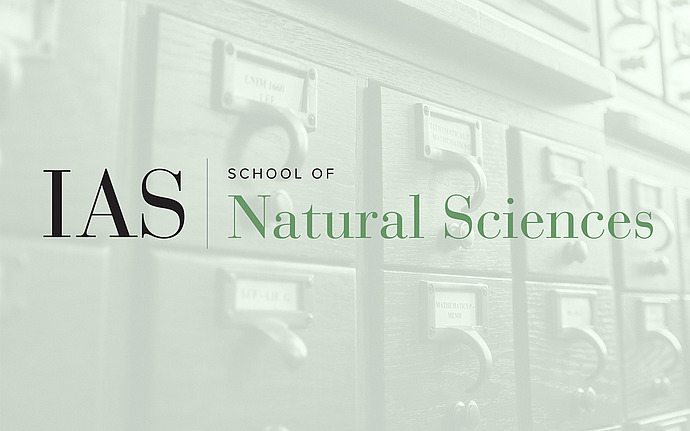
Institute for Advanced Study Astrophysics Seminar
Dynamical Evolution of Binaries in Star Clusters and Galaxies
The orbital evolution of binary systems perturbed by external tidal forces represents one of the oldest problems in celestial mechanics. Interest in this class of problems has resurged recently due to the discovery of various exotic astrophysical phenomena, particularly the LIGO/Virgo mergers of compact object binaries. On the theoretical side, the most notorious advance of recent decades has been the Lidov-Kozai theory, in which a binary is excited to high eccentricity by a bound tertiary perturber. However, there exist many more avenues for perturbing binaries. For instance, tidal forces can arise from the smooth, global gravitational field of the galaxy or star cluster in which the binary resides; from stochastic kicks by passing stars; or from dark matter substructure, giant molecular clouds and various other bits of galactic detritus. In this talk I will show how one can formulate a general theory of tidally perturbed binaries. I will then explain the quantitative consequences of the theory in the case where the dominant tidal force on the binary comes from the global potential of its host cluster or galaxy. Finally, I will apply the theory to the problem of merging compact object binaries in stellar clusters.